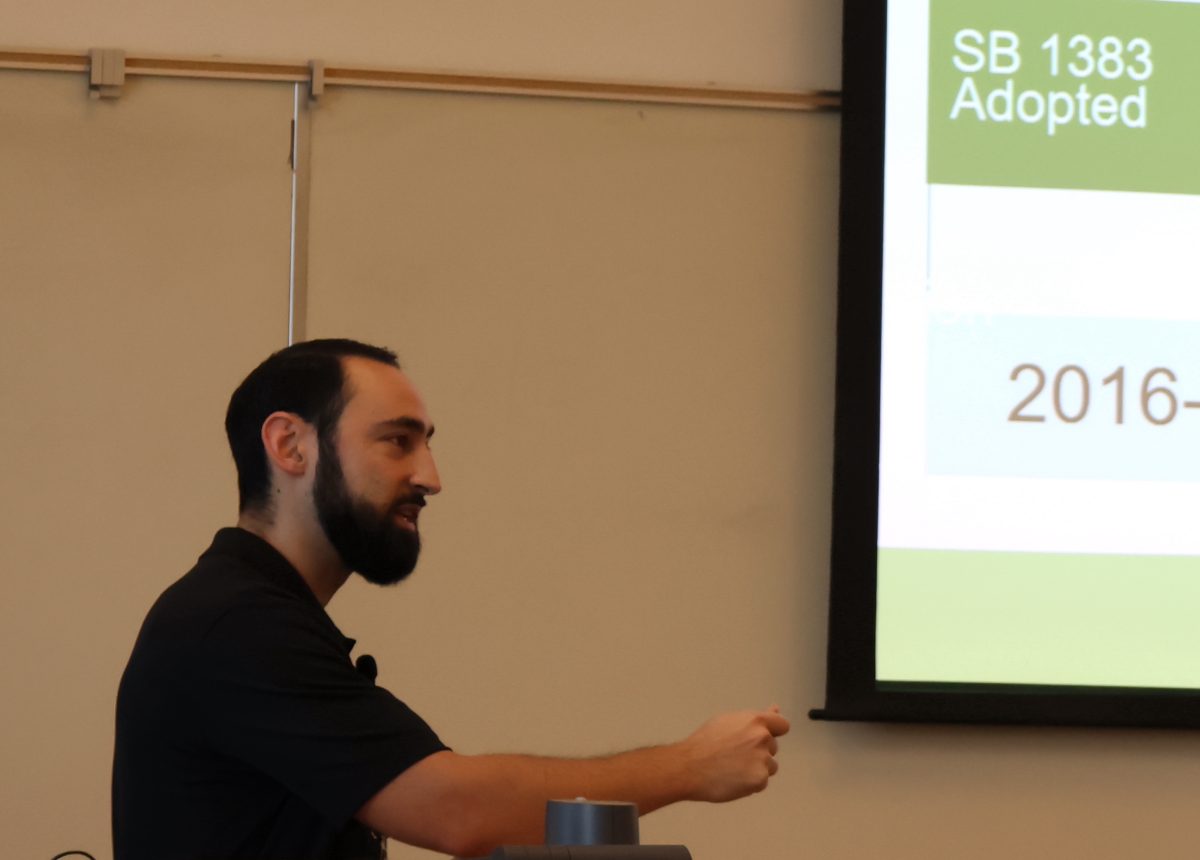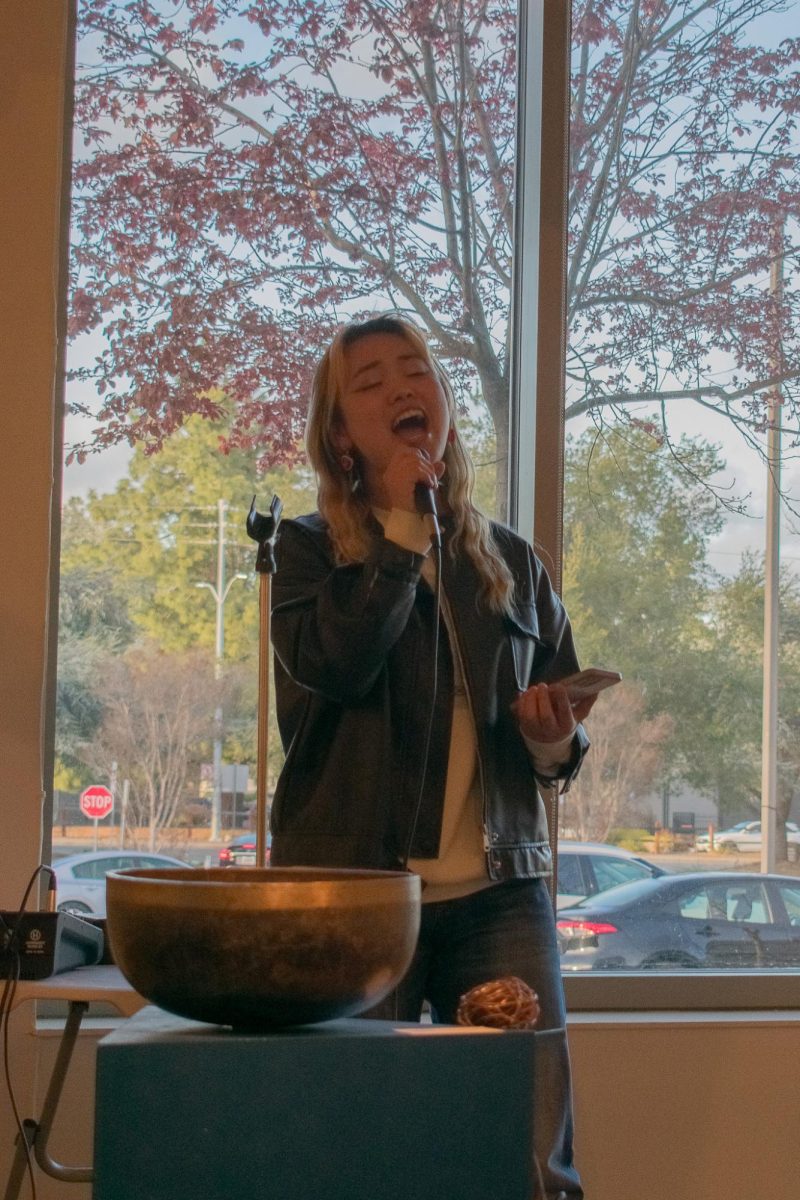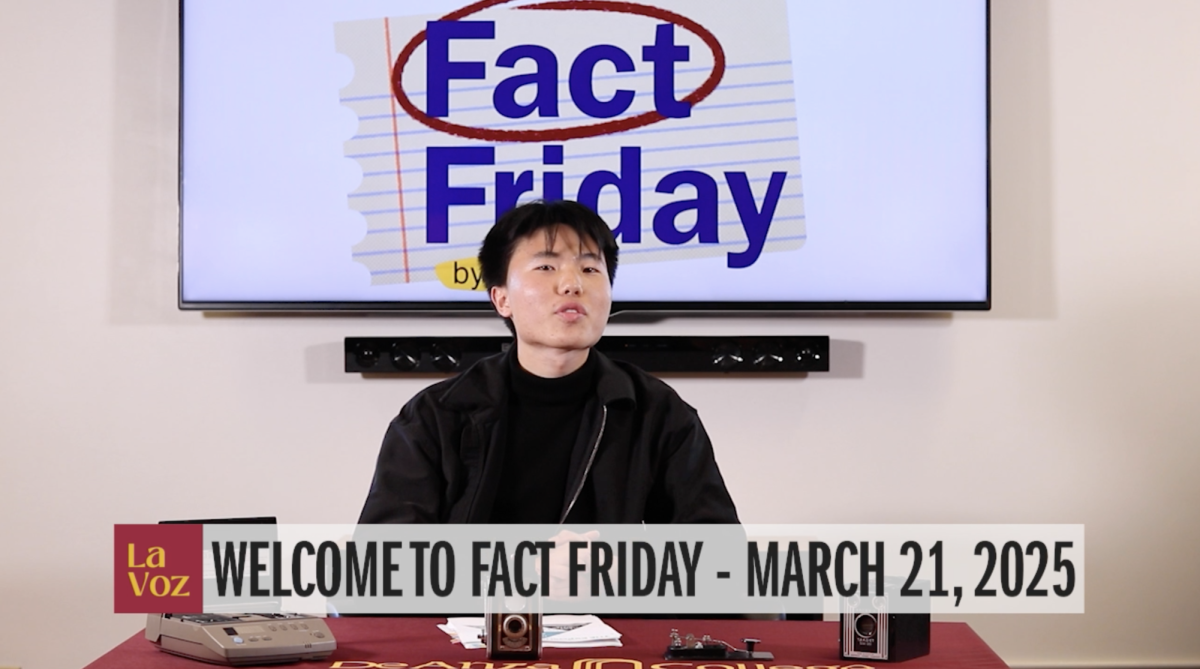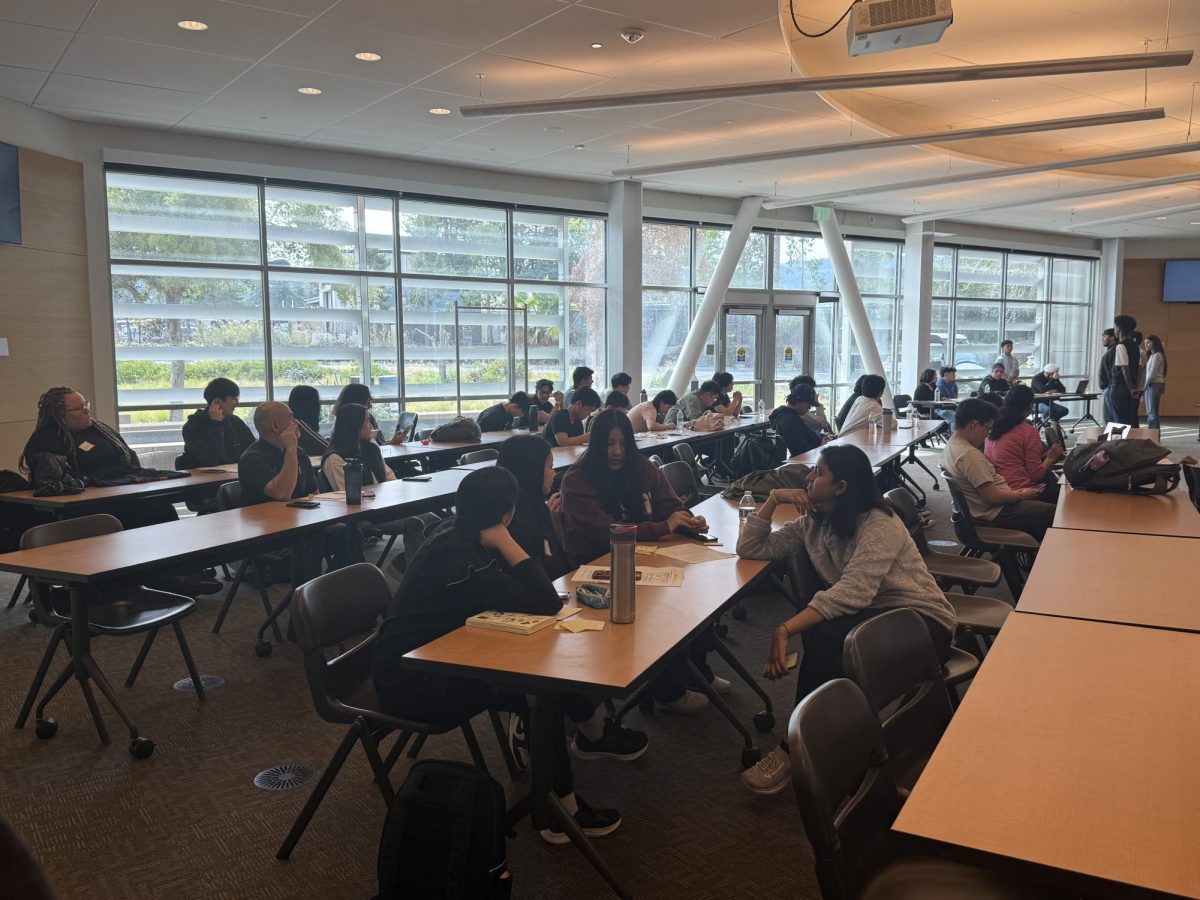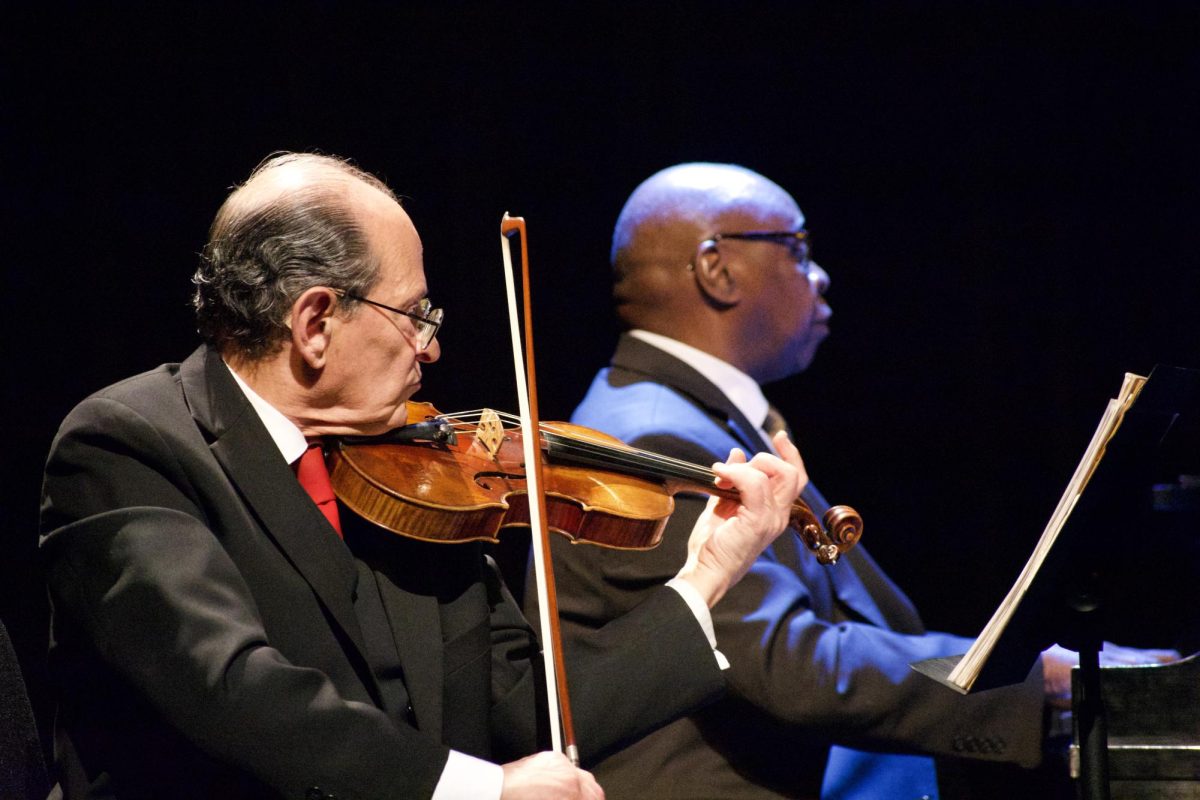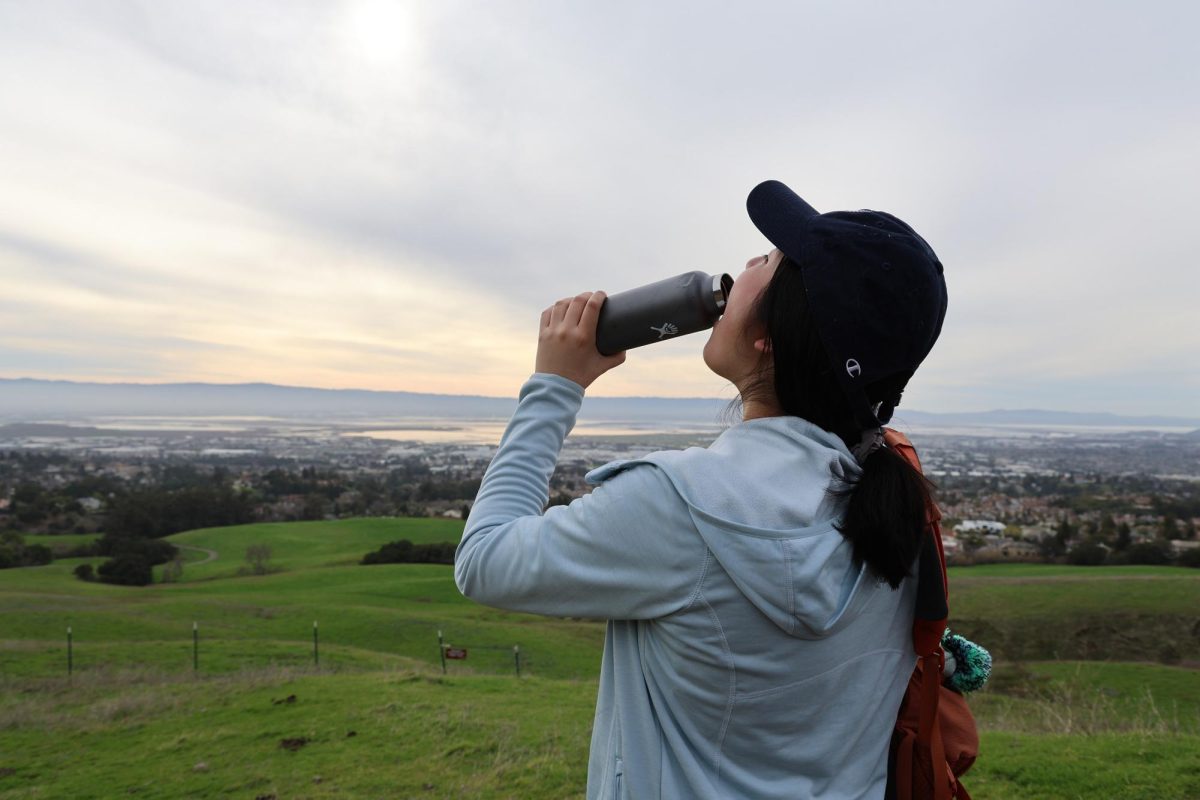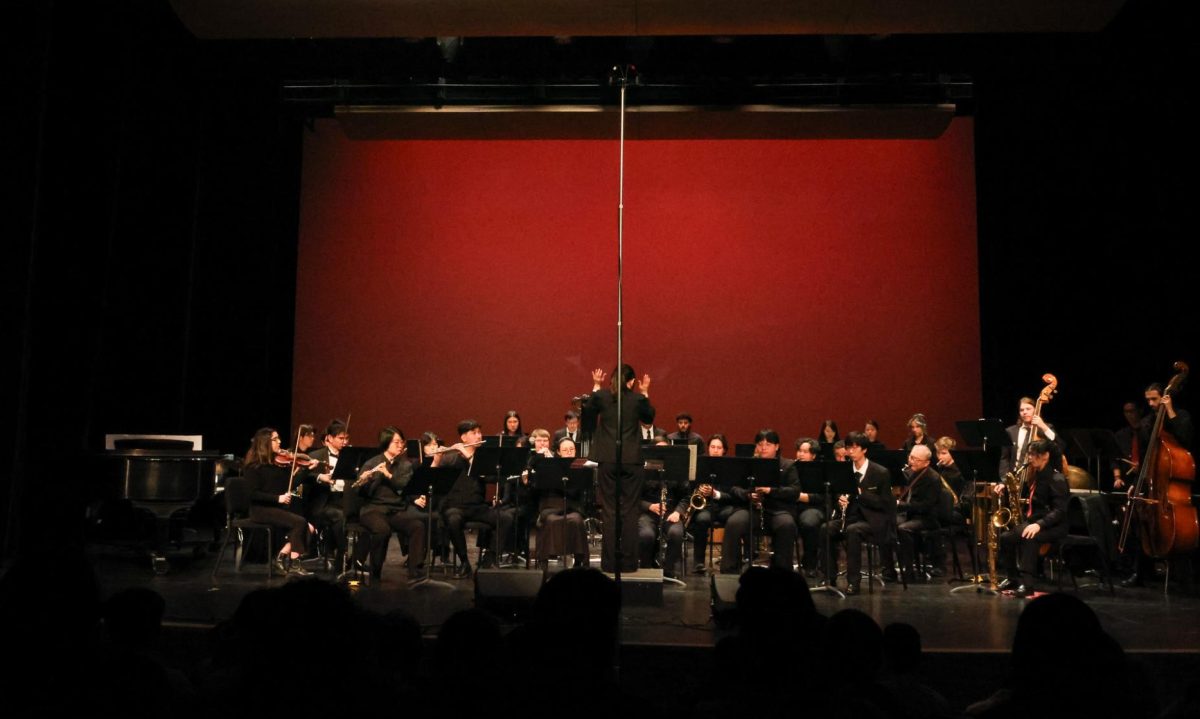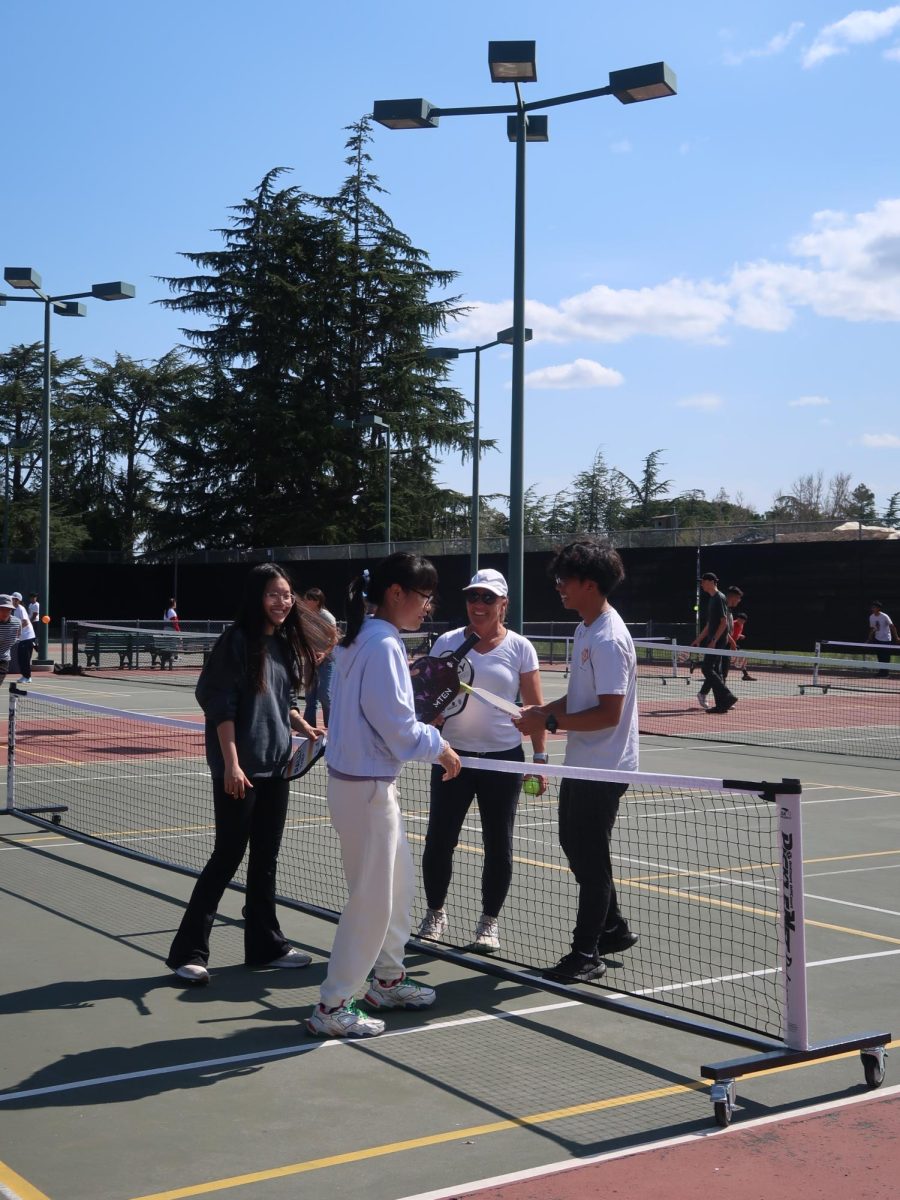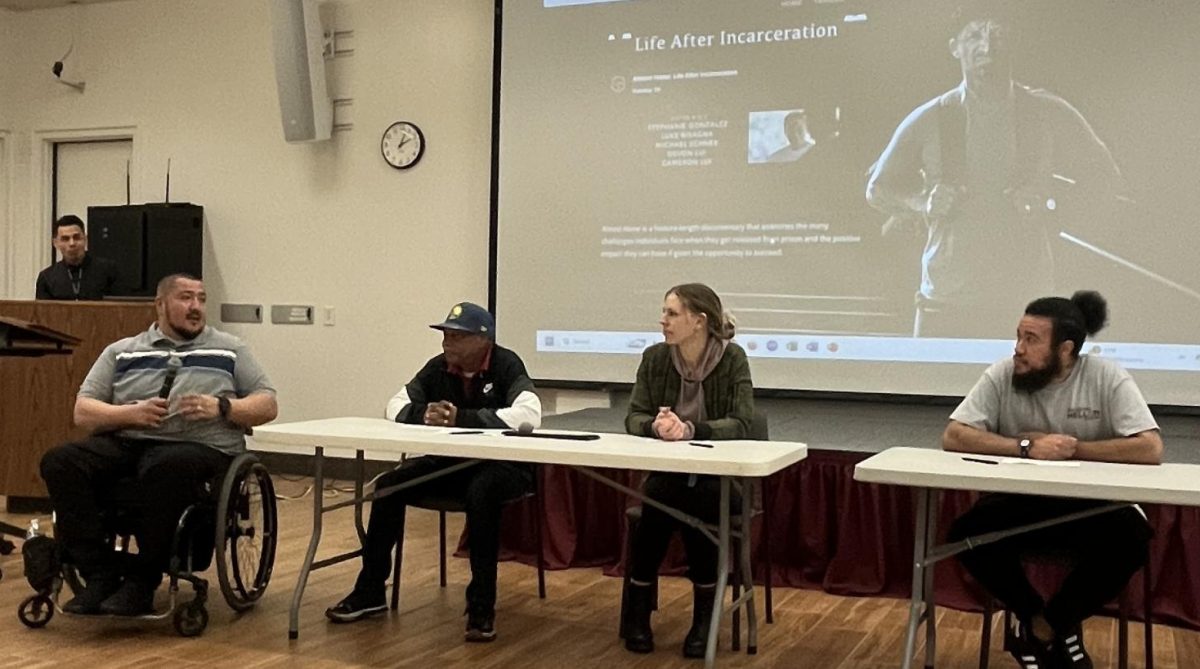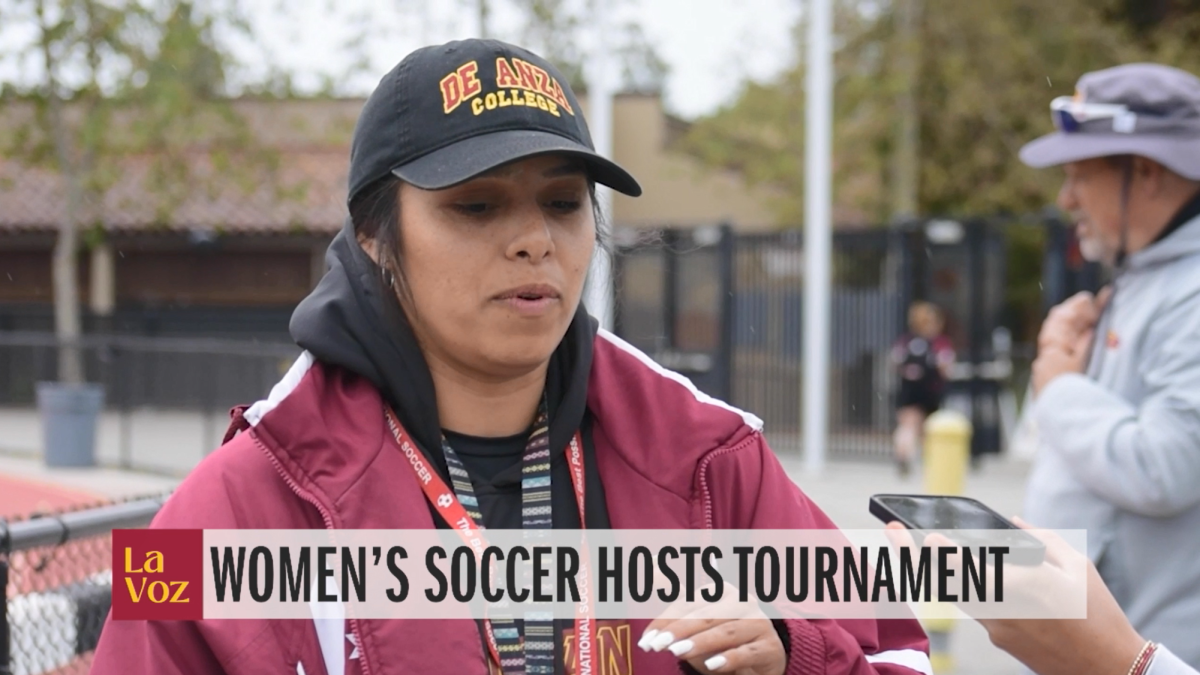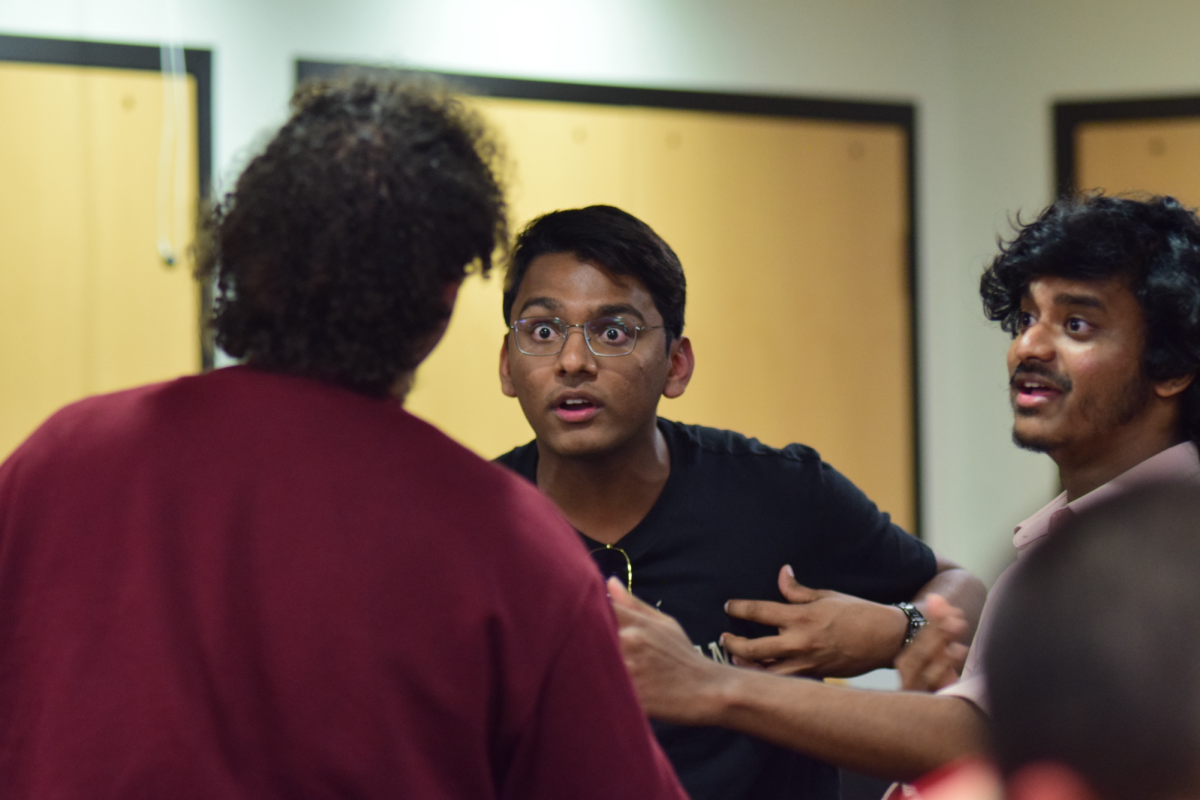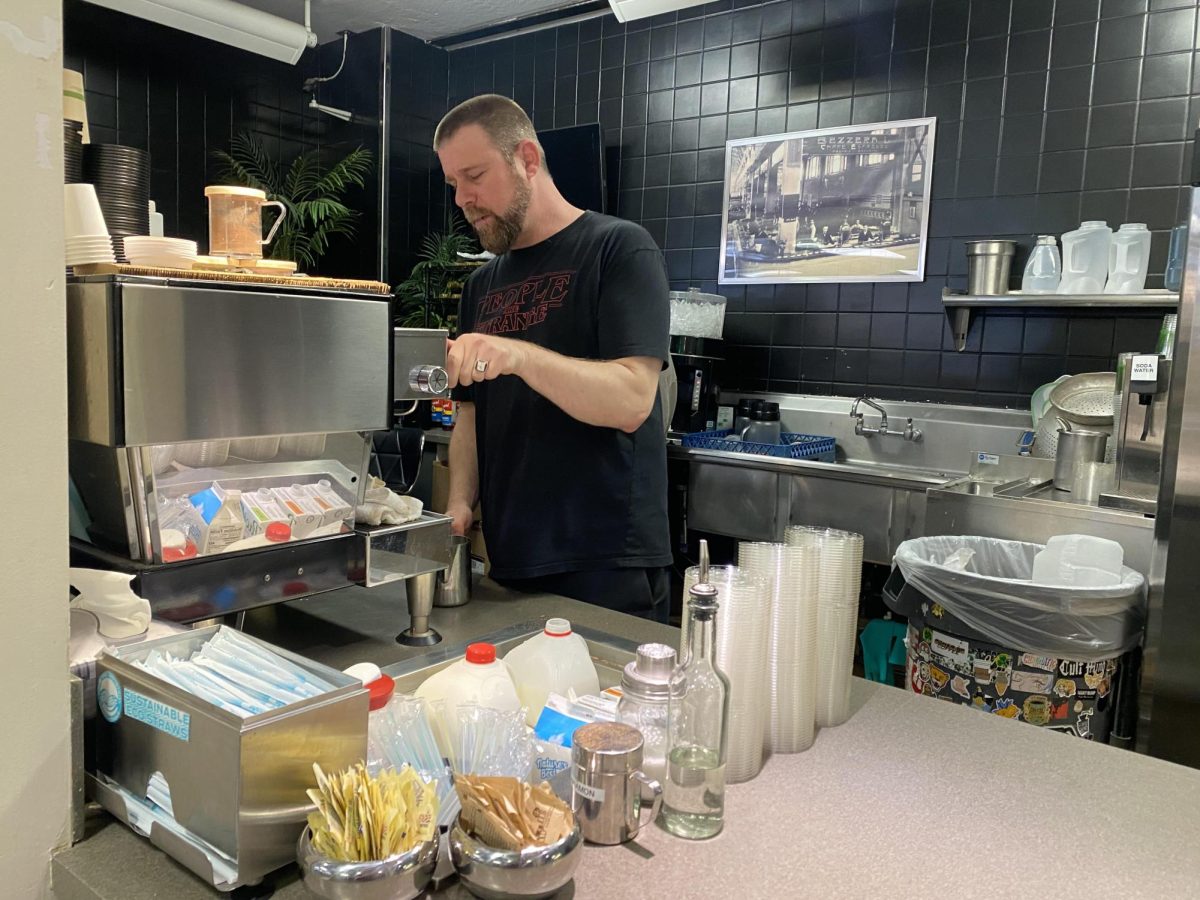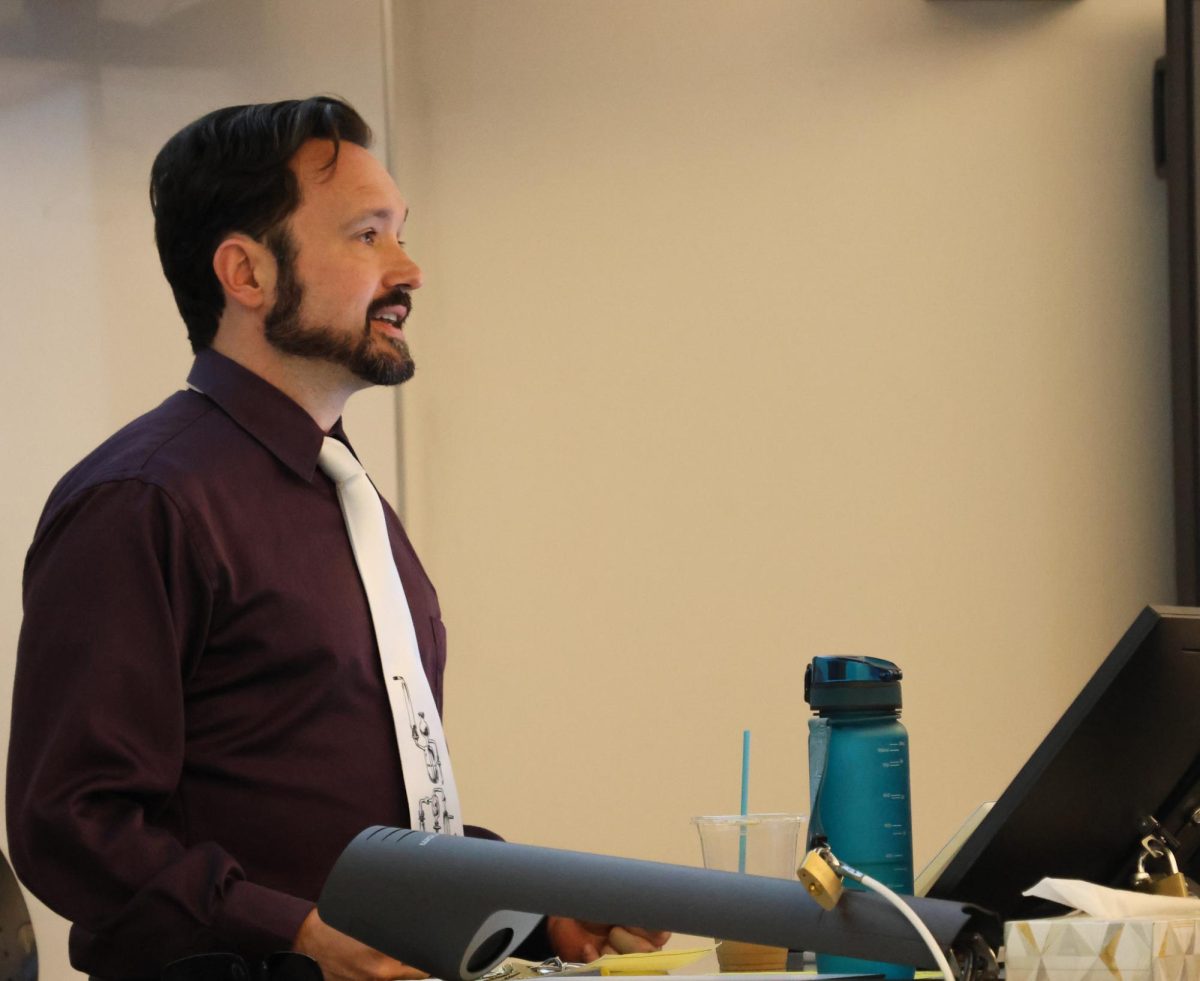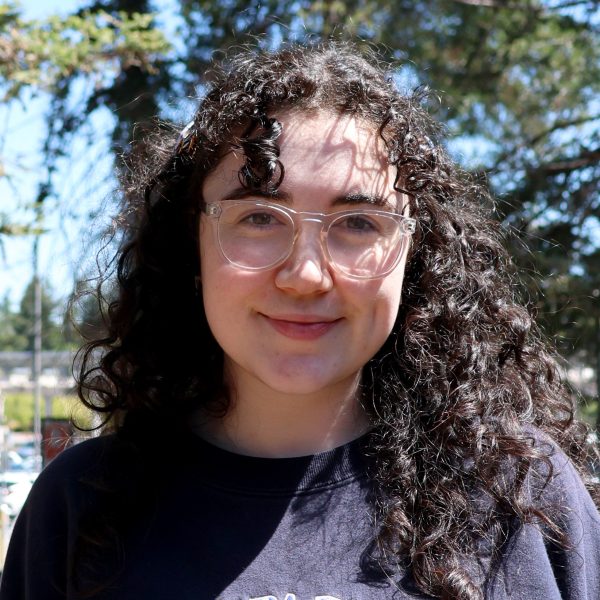De Anza graduate and Cupertino city environmental programs assistant Steven Hirsch spoke to environmental science students about California’s new waste regulation standards on Jan. 24 in the Kirsch Center.
This is the first event in a sustainability speaker series set to continue once a quarter, environmental studies professor Alicia DeToro said.
Hirsch explained new changes in the state’s waste management regarding California Senate Bill 1383 which first went into effect in 2016 but will require local governments to enforce sustainable waste standards starting in 2024.
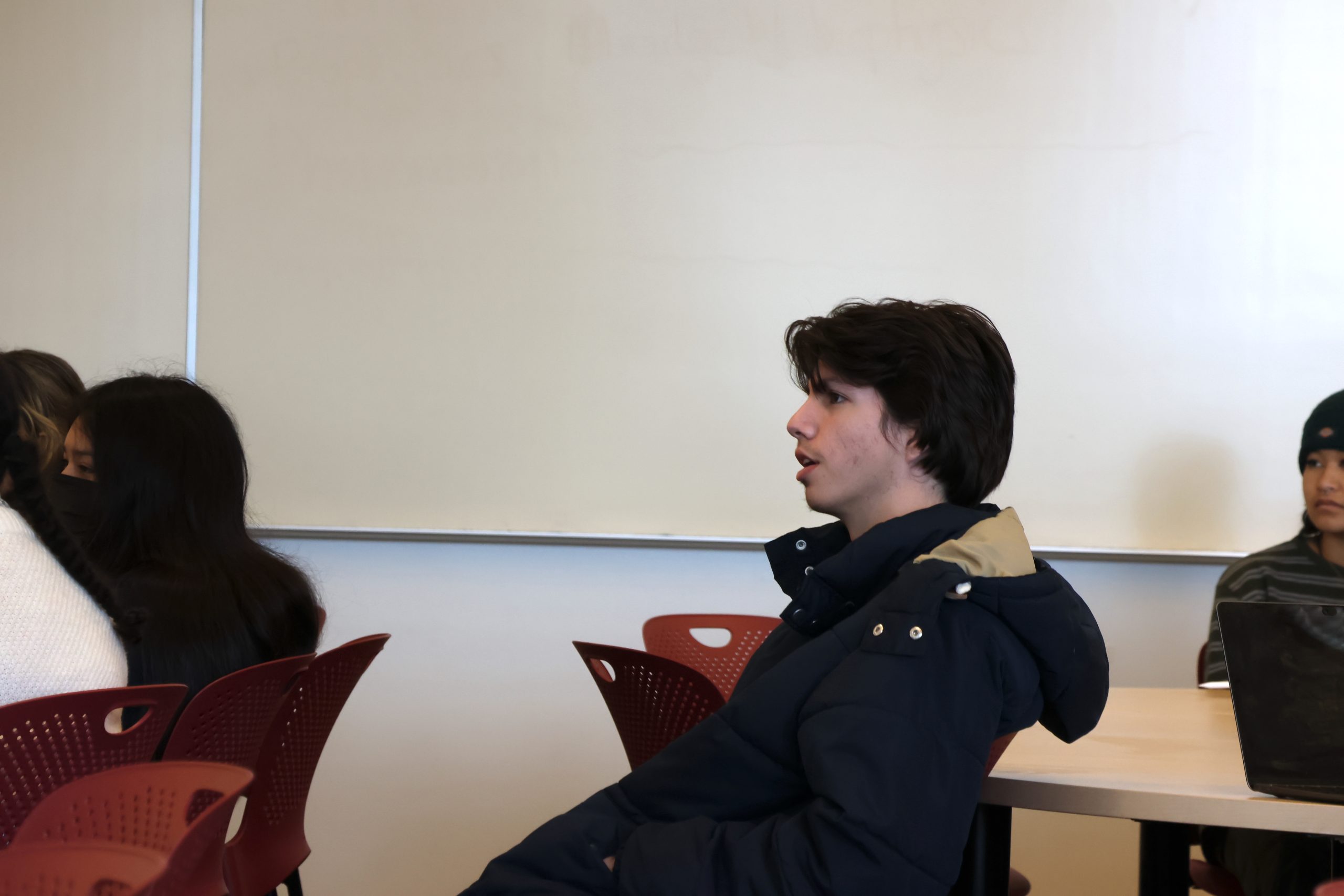
The law requires California to reduce organic waste — such as food and paper products — and make sure it is composted rather than sent to landfill; where organic waste currently comprises over half of the waste stream, Hirsch said.
“It’s the most significant waste reduction mandate to be adopted in the last 30 years,” Hirsch said. “It’s a big lift.”
The bill also requires California to recover 20% of disposed edible food for human consumption — meaning restaurants and other businesses must prevent edible food waste and give it to people who need it, Hirsch said.
As a Cupertino environmental programs assistant, Hirsch works with businesses to inform them of these new regulations and the reasoning behind them.
“It’s been really rewarding,” Hirsch said. “Sometimes (people) get angry when (the regulations are) an added cost on the business. But more often than not, they’re more excited to help the environment and appreciative of the knowledge. I really like having those conversations.”
Hirsch said De Anza’s Kirsch Center environmental studies programs introduced him to environmental work as a career, which led him to pursue it further at San Jose State University and now with his work in local government.
Both Hirsch and DeToro encouraged students to get involved in their communities through environmental science work, especially in their city government where Hirsch said there is a shortage of young applicants.
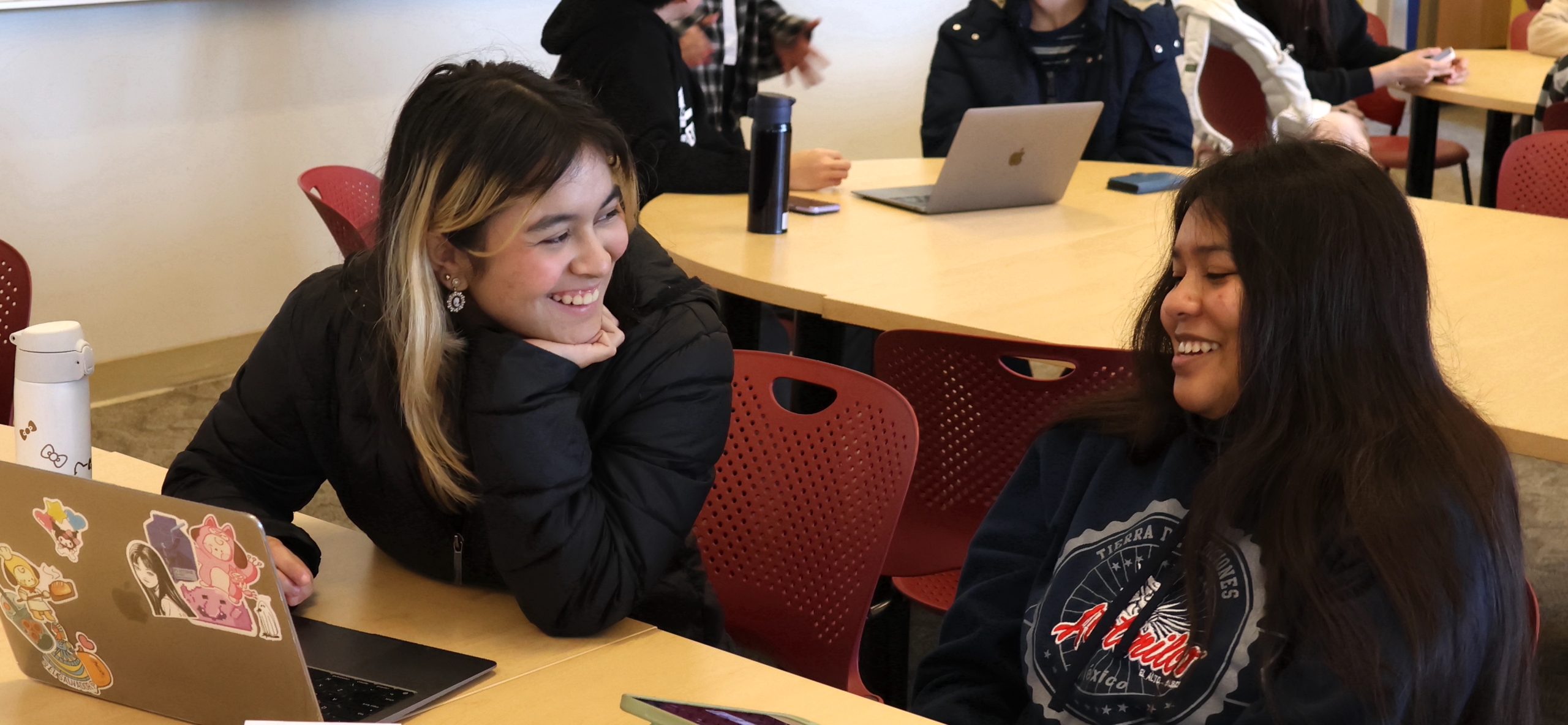
“I’m trying to help (students) understand that there are opportunities to do environmental work in our community and that there is a need for that,” DeToro said. “(Environmental work) leads to a good career and you can do good for the community as well.”
Hirsch said he encourages people to apply to several of their cities’ job and internship postings, though it can be intimidating.
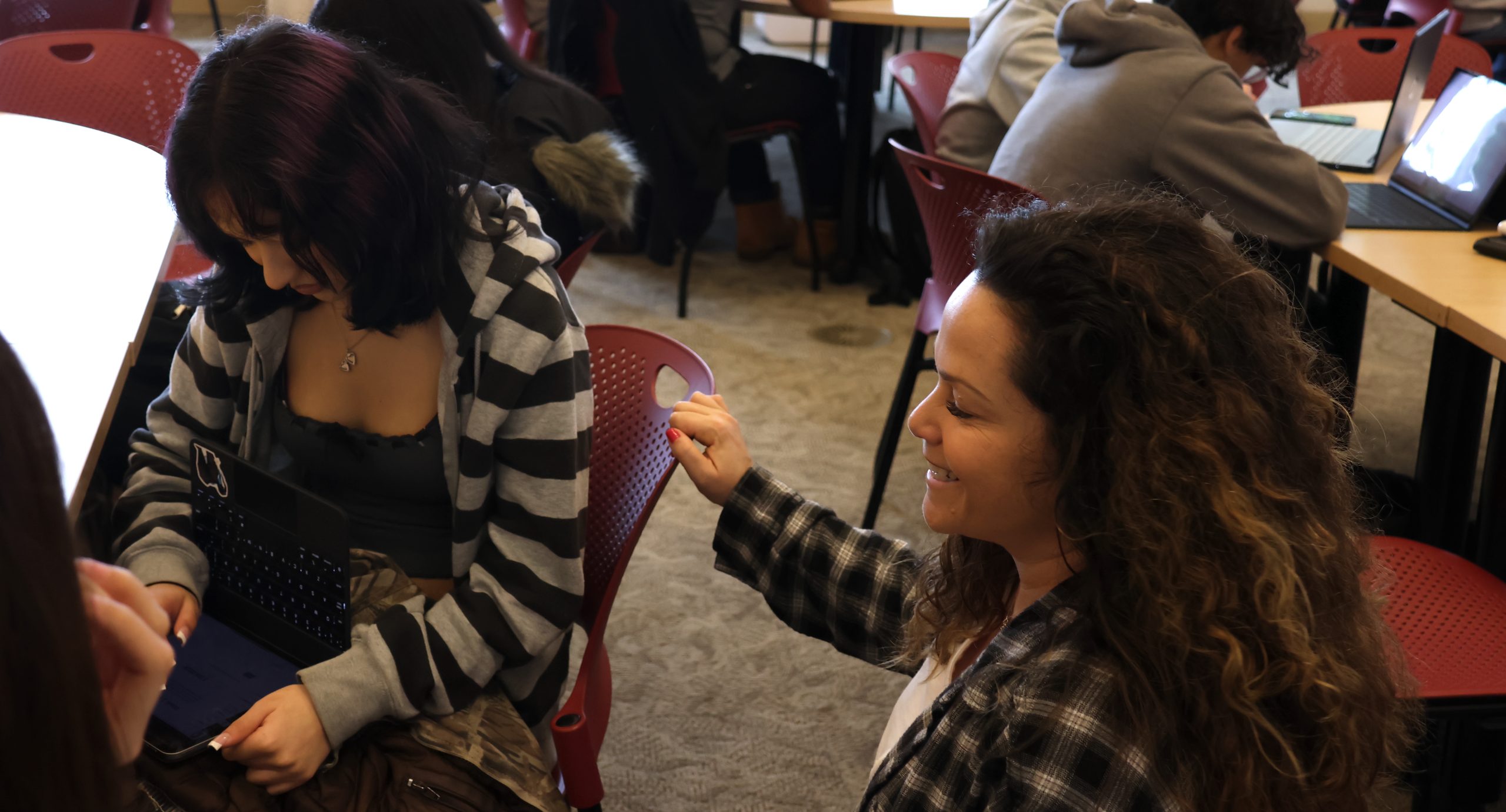
“There’s so many cities that are dying to have good young professionals in this field,” Hirsch said. “I want people to know to not give up and keep applying.”
DeToro said students connect with alumni speakers more, seeing a model of success coming out of the community college system.
“This is a normal thing. A lot of people are very successful coming out of the community college system,” DeToro said. “So I love showing that pathway.”




